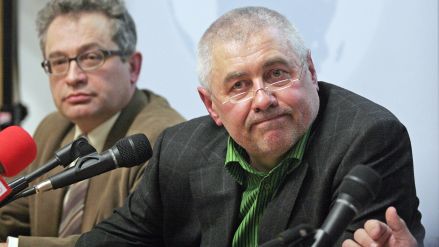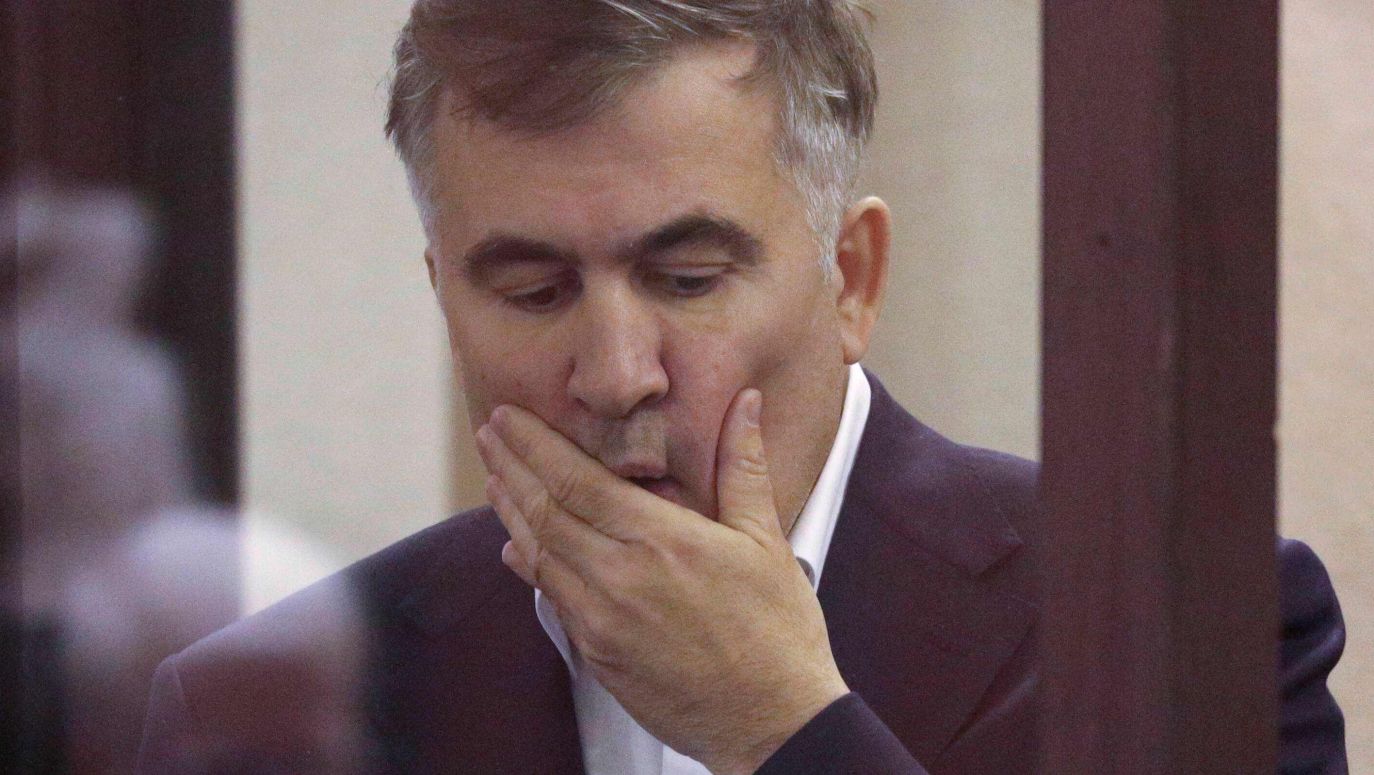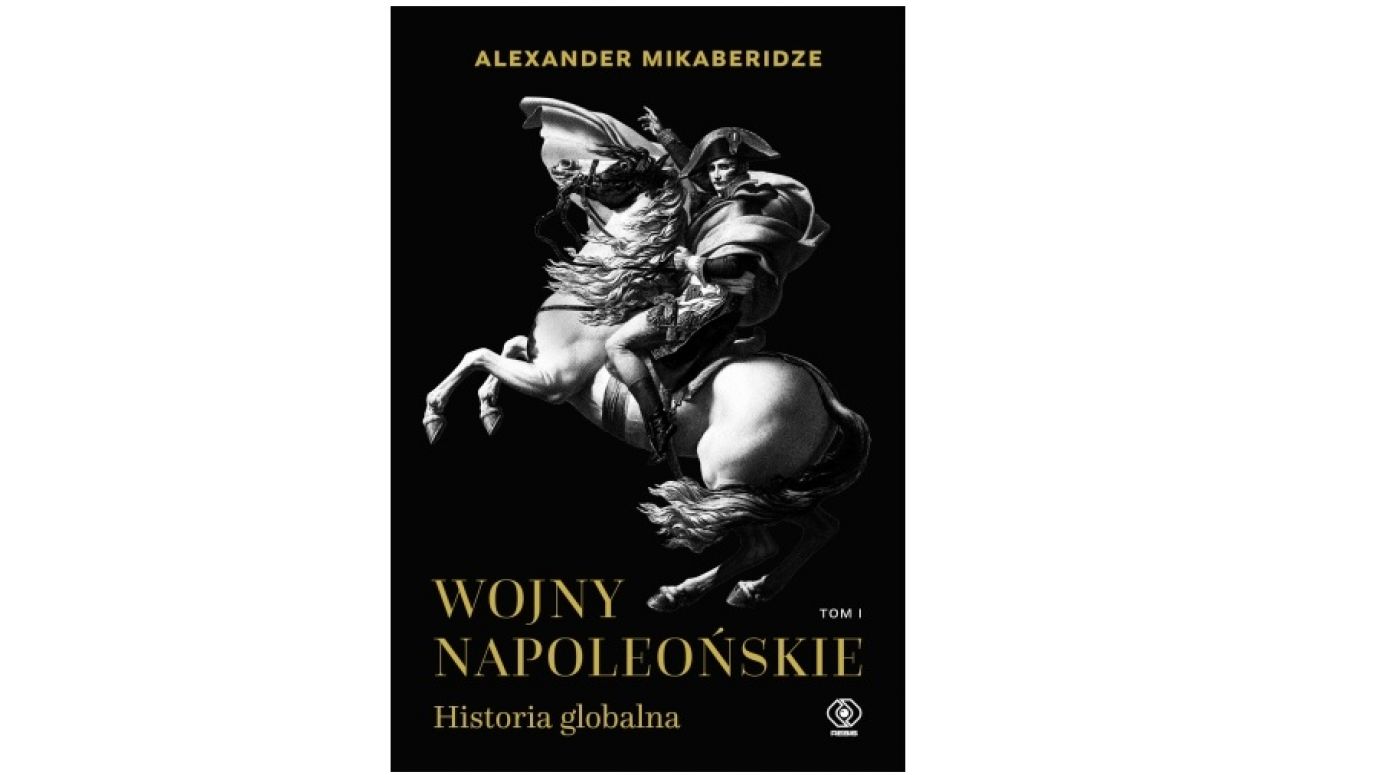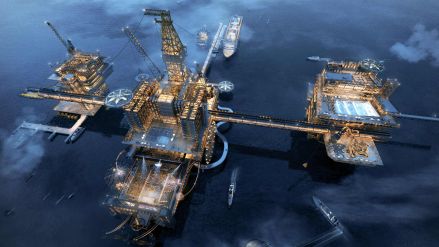
"Putin is losing the European market and has to sell fuel to China and India, offering substantial price discounts. And this hurts," says Andrzej Krajewski, author of the book "Oil. The blood of civilisation".
see more
Napoleon did have an outsized impact on the world. Whether directly or indirectly, he became the architect of independent South America, played a role in reshaping the Middle East, strengthened British imperial ambitions on a global scale, and contributed to the rise of American power. The latter point is particularly important – at the start of the revolutionary wars, the United States was a fledgling republic, just a decade old, still unsure of its role and place in the wider world. So at first, the US was a reluctant participant, I would even say an observer, of the tribulations happening overseas. George Washington’s famous farewell address warned against foreign entanglements, and the US did remain neutral for most of this period. But Americans were clearly interested in exploiting the situation in Europe by trading with both sides, gaining profits, and expanding their economy. Such an approach did benefit the US greatly. Leaving aside financial benefits, I will just note one crucial gain - in 1803, Americans made what is probably the most important land deal in modern history when they negotiated the sale of the Louisiana Territory with Napoleon. This was a pivotal moment in American history, and I would venture to say, in modern history of the world, since this deal marked the end of the French colonial empire in the Western hemisphere and transformed the United States by not only doubling the size of its territory but also recasting the very sense of American national identity and place in the world. We still live with the consequences of that decision.
You are absolutely right to note the role of the Napoleonic wars in the rise of the West. By the time these wars were over, the relationship between Europe and the rest of the world had shifted fundamentally. The two-decade long conflict had stimulated European states to reform themselves; many, indeed, had been forced to adopt the principles advocated by the French, in order to beat Napoleon at his own game. Thus, one of the core legacies of this era lay in substantive transformation of European state power through centralization, greater proficiency of European bureaucracies, military recruitment, financial regulation, and tax-gathering that went hand in hand with measures to stimulate financial institutions and industrial transformation. In the post-Napoleonic period, military strength became inherently linked to administrative excellence, financial prowess, and industrial capacity in ways that the more restrictive state policies of non-European powers, be it China, Ottoman Empire, Qajar Iran, and Tokugawa-era Japan, did not allow. European, essentially British, command of the seas reinforced Europe’s new, more assertive, relationship with the rest of the world after 1815. It allowed Europeans to secure seaborne trade, to throttle rival manufacturing/commercial centers, and to colonize far-flung parts of the globe, where indigenous powers could not successfully confront the combined effects of Europe’s military, economic, industrial, and commercial ascendancy. The extent of Europe’s divergence over the rest of the world became ever clearer as the century progressed.
-interview by Cezary Korycki
TVP WEEKLY. Editorial team and journalists
Prof. Alexander Mikaberidze is a Georgian-American historian, and professor of history at Louisiana State University. He is the author of the newly published book "The Napoleonic Wars: A Global History," and “Kutuzov: A Life in War and Peace.” 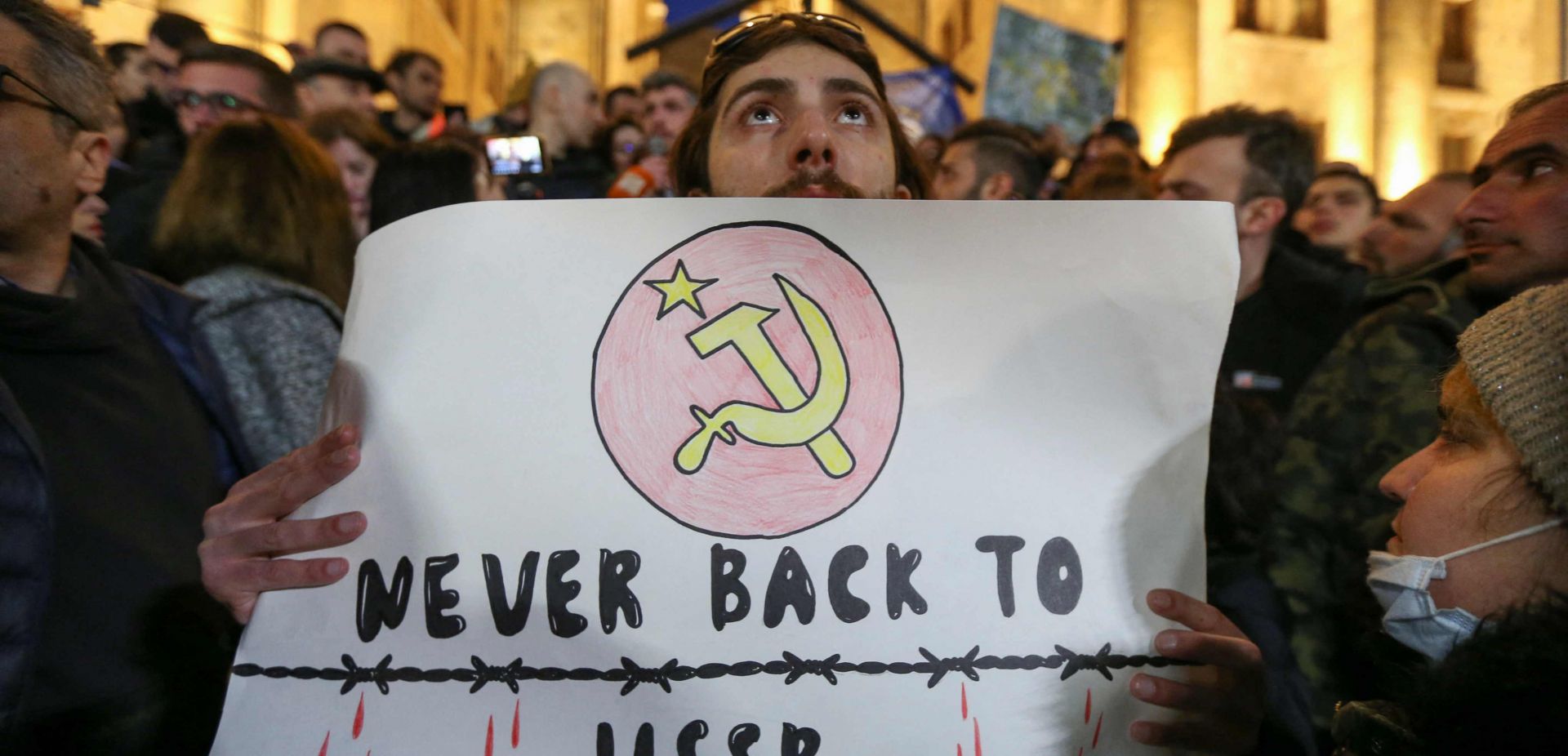

 SIGN UP TO OUR PAGE
SIGN UP TO OUR PAGE 
